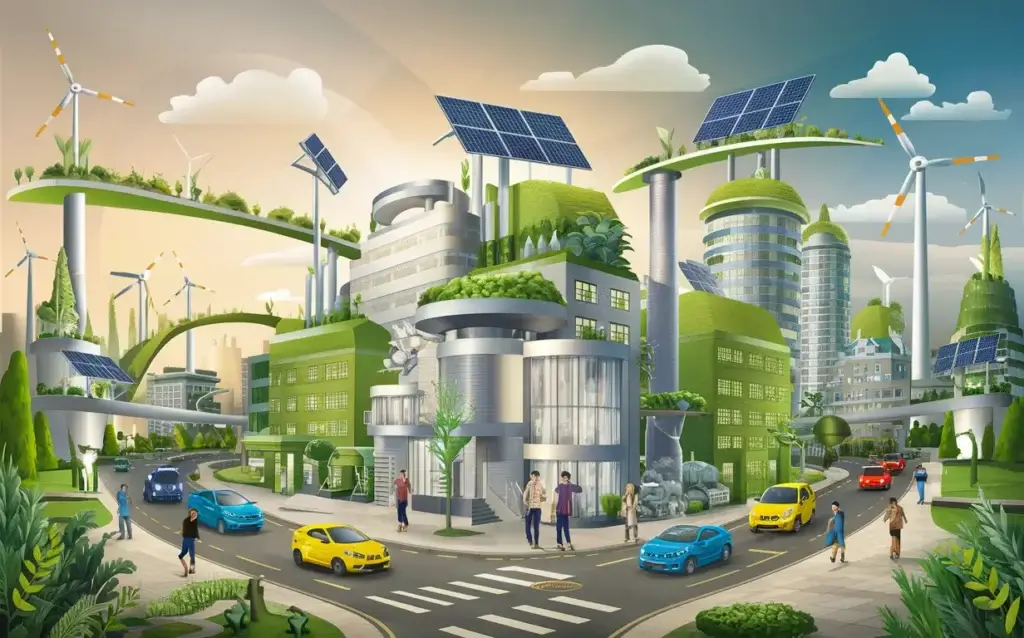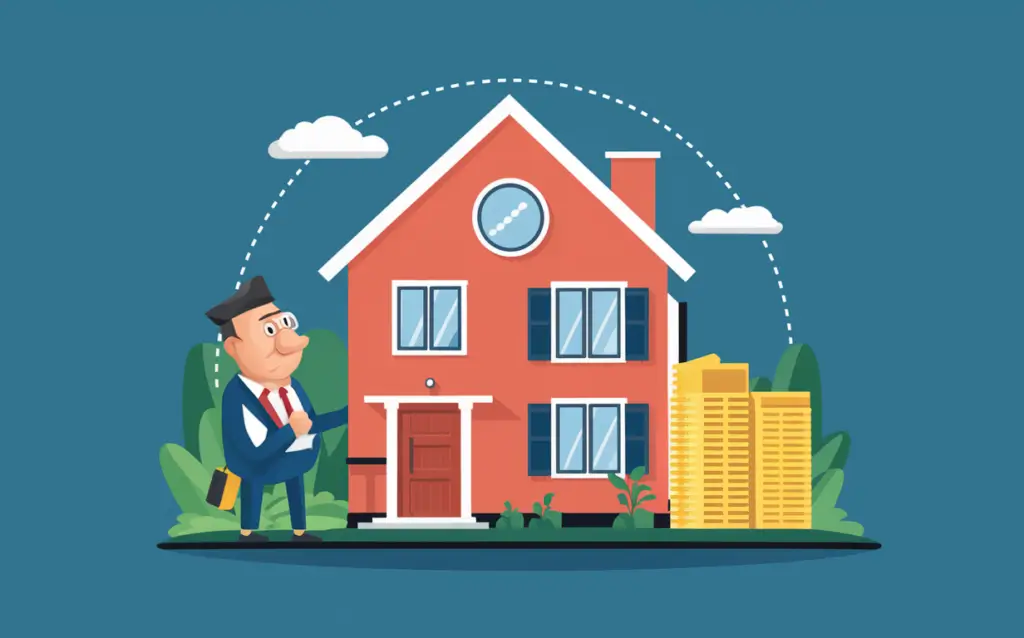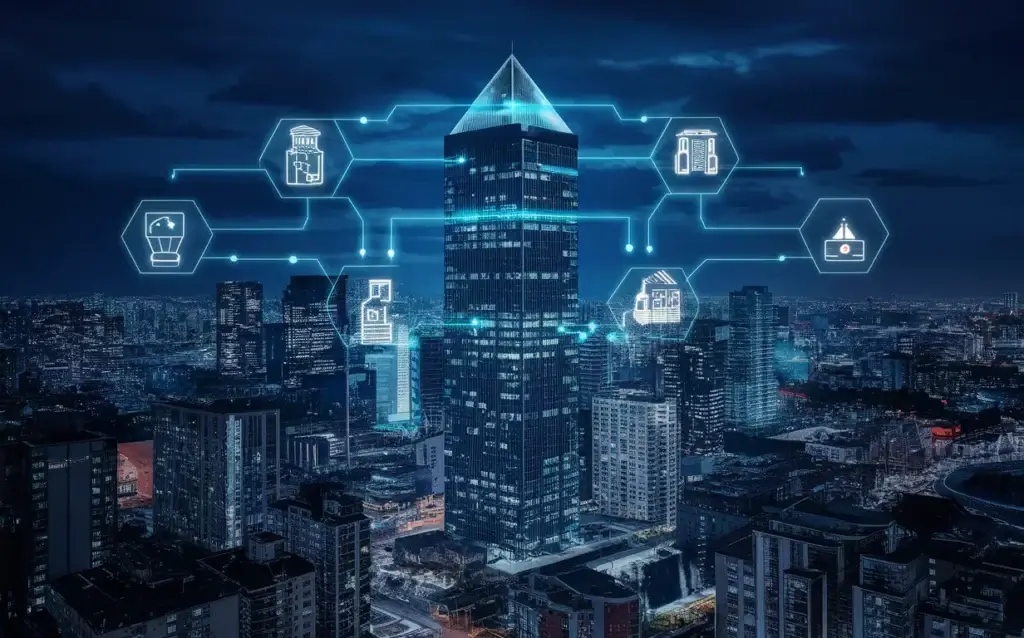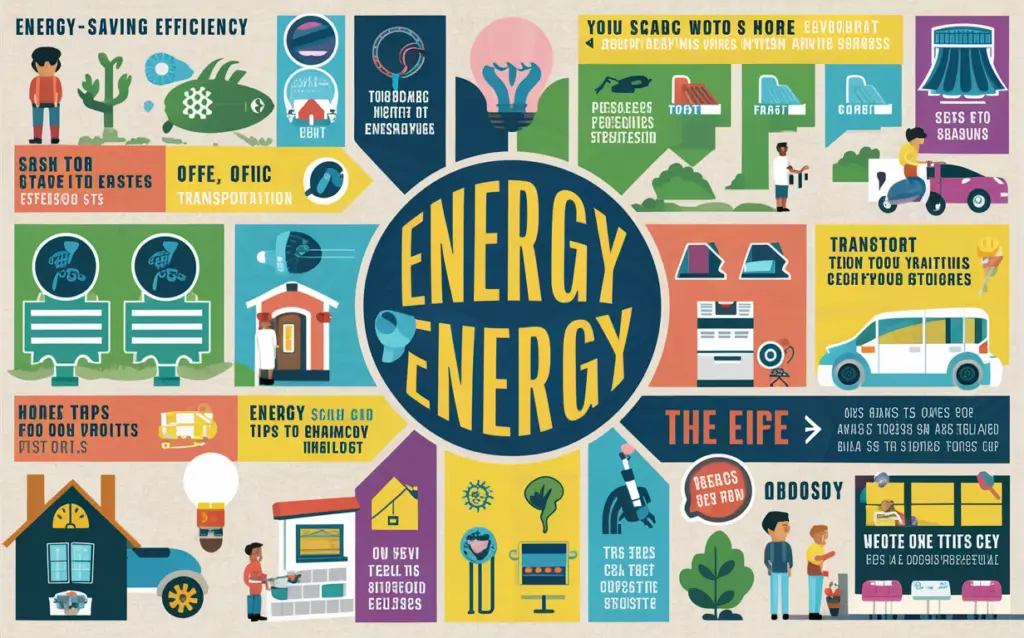Sustainability risks: Challenges for companies [with 3 examples]
Sustainability risks are factors that can jeopardise the long-term stability and success of a company. These risks include environmental, social and governance-related aspects. The most important areas include climate change, resource scarcity, human rights and corporate governance. It is essential for companies to identify these risks and incorporate them into their strategic planning in order to secure their future viability. Climate change represents a significant sustainability risk. Its effects on companies are manifold. Extreme weather events such as floods or [...]
Sustainability risks: Challenges for companies [with 3 examples] Read more »

















